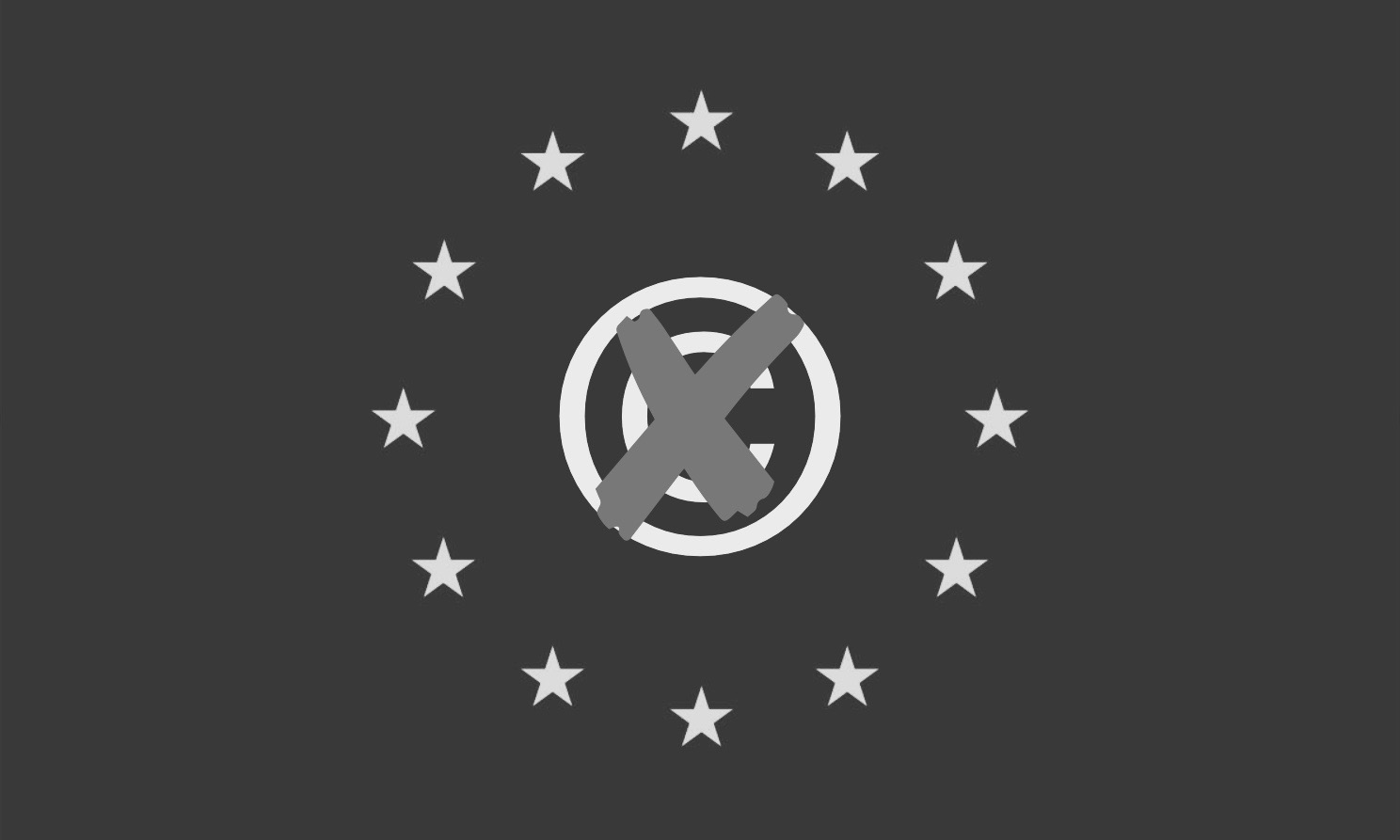The Directive is still bad!
All the changes to the final text of the Proposal for the Directive on copyright in the Digital Single Market that were negotiated in the trilogue are analyzed on the website Internet is for the people, available also in Slovenian. An analysis of the advantages and disadvantages of the Directive can also be found on our website.
Despite some positive changes (a mandatory exception for text and data mining, the facilitation of making the works from collections of cultural heritage institutions available to the public online, ensuring that reproductions of visual artwork in the public domain is not subject to copyright, the right of authors to an appropriate and proportionate remuneration), the overall assessment of the Directive remains negative, especially because of the following reasons:
– Articles 3 and 3a: text and data mining is enabled to other subjects (that are not research organizations mining in scientific research purposes) only under the condition that rightsholders do not object it,
– Article 4: the exception for education can easily be switched-off, if member states implement the licensing possibility and not the mandatory exception,
– Article 11: the new right of press publishers decreases competition and innovation in the delivery of news, and limits access to information,
Article 13: making online platforms liable for uploads of infringing content will result in the introduction of upload filters, which has a negative impact on users’ right of expression.
Because of these reasons, the Directive has to be rejected. Especially, we must say a loud NO to Article 13! So far 100 members of the European Parliament have pledged to vote against this law. Visit pledge2019 and ask your representatives to take the pledge to take down the Directive that would drastically change the Internet as we know it today (to worse)!
The Grand Board of the European Union Intellectual Property Office (EUIPO) finally ruled that the figurative sign ‘COVIDIOT’ cannot be registered as an EU trademark.
The 4th Open Knowledge Day took place on Tuesday 17 October 2023, with an accompanying workshop on 18 October 2023. This year it was organised by the Open Data and Intellectual Property Institute (ODIPI) and supported by Knowledge Rights 21 (KR21).
We invite you to the fourth Open Knowledge Day and the workshop, which will take place this year within the framework of the programme and with the support of Knowledge Rights 21. The event will bring together experts from different European countries to discuss two topics: the first part will deal with the legal basis for data analytics, which is a key part of machine learning and related artificial intelligence, and the general exception for research. In the second part, open science in theory and practice will be presented both in Slovenia and in some Western Balkan countries. Representatives of research and educational institutions from Slovenia and the Western Balkan countries, as well as interested members of the public, are invited to attend.
Dr. Maja Bogataj Jančič, a renowned expert in copyright law, has joined the Berkman Klein Center for Internet & Society at Harvard University, where she will serve as an affiliate researcher for the next two years.





